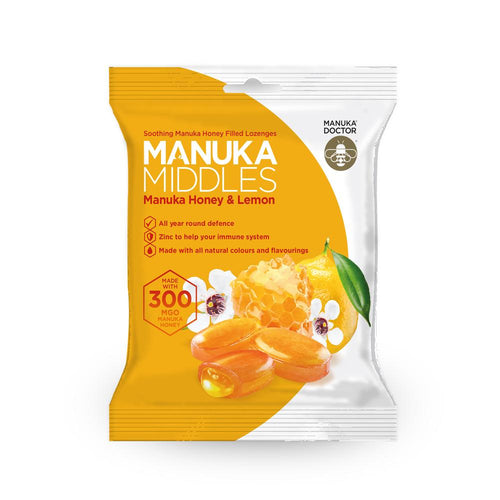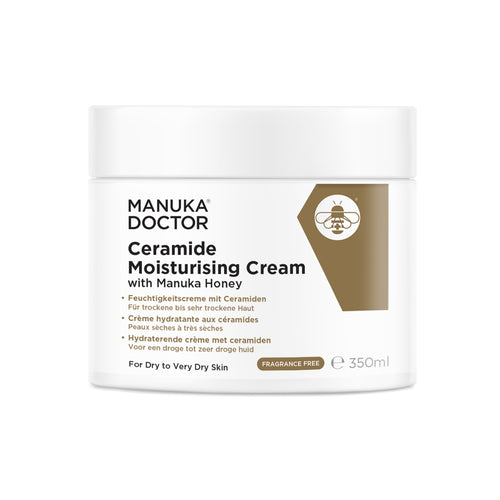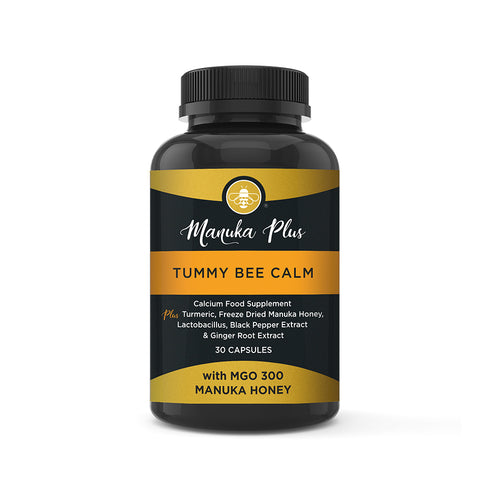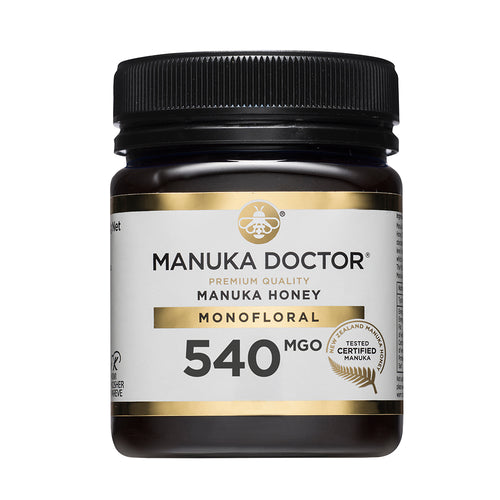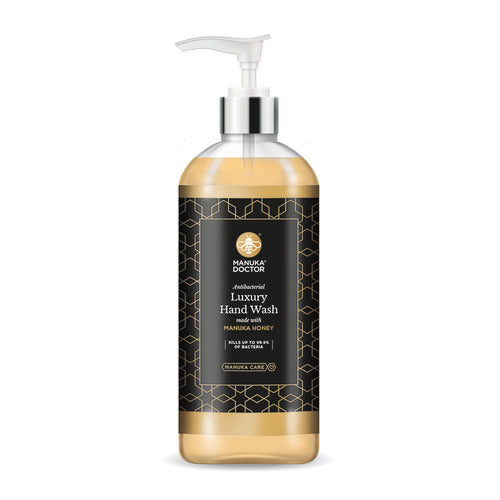April is International IBS Awareness Month and if you have irritable bowel syndrome (IBS), you are not alone – IBS is common with a prevalence estimated at 10% to 15% [1]. Yet many people remain undiagnosed and unaware that their symptoms indicate a medically recognised disorder. People with IBS have recurring issues with abdominal discomfort or pain that is associated with a range of symptoms. Typically, the intermittent abdominal pain is accompanied by diarrhoea, constipation, or both. A staggering 75% of individuals with IBS may be undiagnosed [2].

IBS is a long-term condition with symptoms that tend to come and go over time. Symptoms often change over time and can usually be managed so that you feel better. It can be helpful to keep a diary to pinpoint what causes flare ups. Are there certain things that seem to worsen your IBS? If so, sorting these out can be helpful.
Lifestyle habits do not cause IBS but minimising excesses may help reduce or avoid symptom flare-ups. Things like lack of sleep and lack of exercise, prolonged stress, or irregular eating habits can worsen symptoms.
Friendly bacteria, also known as probiotics, found in supplements or drinks, can boost the numbers and type of ‘good’ bacteria in your intestine. A healthy microbiome has been shown to support the immune system, improves nutrient absorption and may improve digestive health, easing diarrhoea and certain symptoms of irritable bowel syndrome, like inflammation [3].
IBS symptoms have been linked to certain changes in the gut flora. For example, people with IBS have lower amounts of Lactobacillus and Bifidobacterium in their guts, and higher levels of harmful Streptococcus, E. coli and Clostridium [4,5]. Manuka Plus Tummy Bee Calm supplement contains 1 billion CFU Lactobacillus acidophilus, a type of friendly bacteria that can help restore the natural balance of microflora in the gut.[6]
"Was so glad I found this product - real problems with excessive wind - this worked a treat - will use product again." Ann H.
Tummy Bee Calm. 5 star customer review. February 2022.

Tummy Bee Calm also contains other ingredients specially designed to aid digestive health, including Calcium, needed for the normal function of digestive enzymes for food break-down;[7] Ginger, which can speed up the rate at which your stomach empties after a meal;[8] and Turmeric, a natural anti-inflammatory which contains the compound Curcumin and has been shown to support the friendly bacteria in your gut [9] and act as an anti-inflammatory agent that has a therapeutic benefit to aid digestion and can benefit disorders such as IBS [10].
Early research has suggested Manuka honey may be effective in reducing inflammation in inflammatory bowel disease (IBD), and some people with the condition swear by it. But more studies are needed to understand how it may help.
If you want to try Manuka Honey for gut health, why not try mixing it with other gut-friendly foods? Here are some ideas:
- Swirl a spoon of Manuka Honey into some plain live yoghurt, which contains probiotic bacteria
- Add a little Manuka Honey to a fruit salad – fruit is rich in fibre, essential for feeding good gut bugs
- Spread Manuka Honey onto a fibre-dense oat cake and add chopped banana, another effective prebiotic.
"Taste and texture very good. Has helped with my digestive problems and I would purchase again. Well packed and prompt delivery." Sally N.
540 MGO Manuka Honey. 5 star customer review. September 2021.
